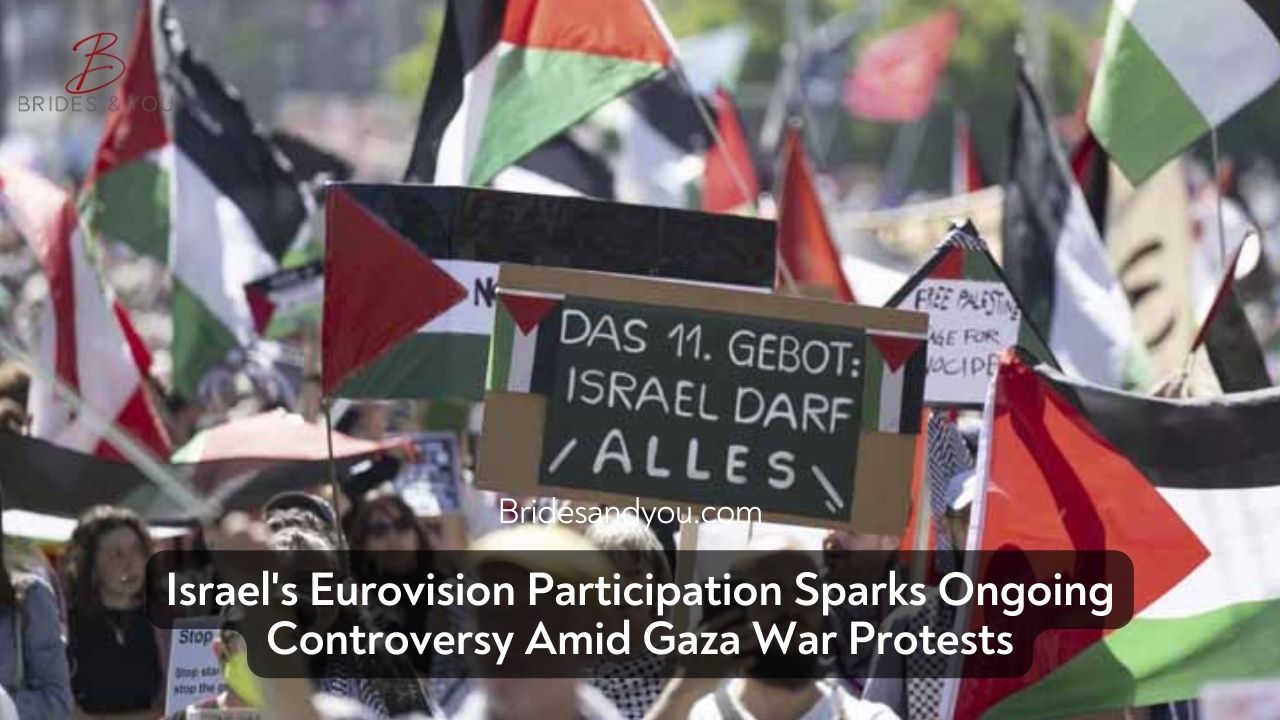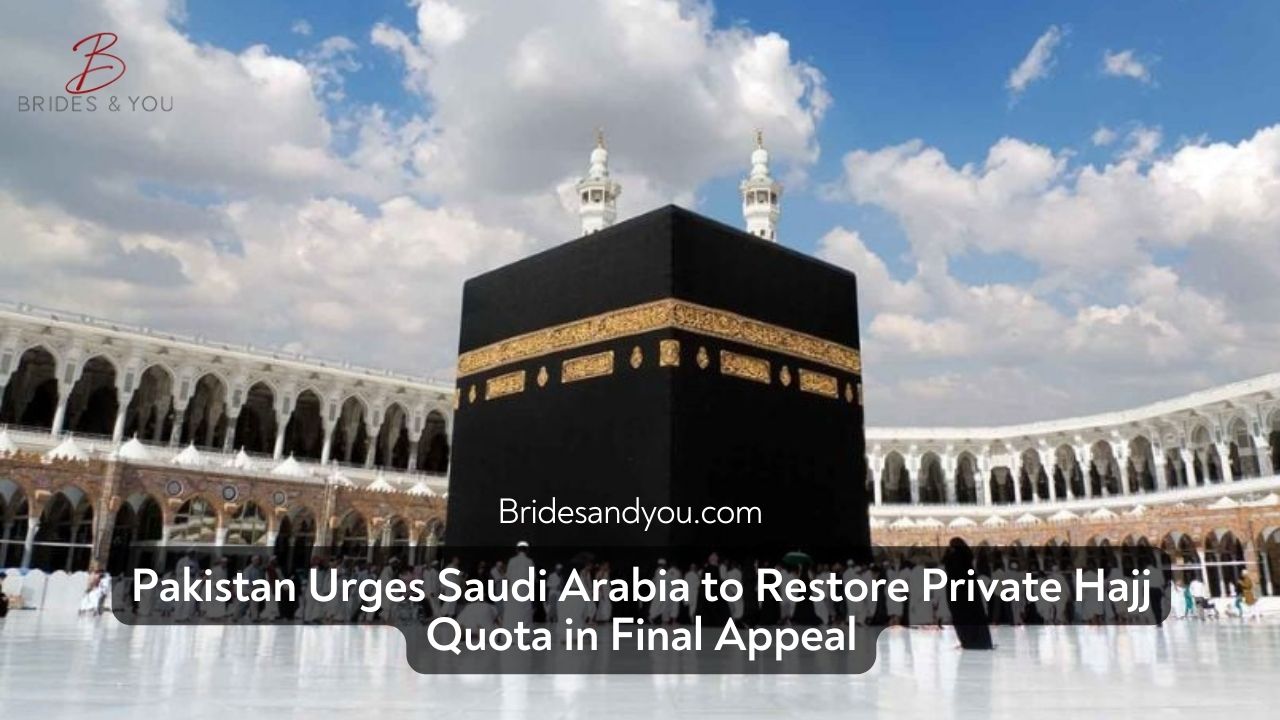Now Reading: Israel Eurovision 2025 Participation Sparks Renewed Global Debate Amid Gaza Conflict
-
01
Israel Eurovision 2025 Participation Sparks Renewed Global Debate Amid Gaza Conflict
Israel Eurovision 2025 Participation Sparks Renewed Global Debate Amid Gaza Conflict

The Eurovision Song Contest 2025, hosted in the picturesque city of Basel, Switzerland, has once again become a focal point of political discourse—not because of a scandal or musical drama, but due to the ongoing war in Gaza and the presence of Israel in the competition. Despite the contest’s long-standing celebration of unity through music, Israel’s entry this year has reignited calls for boycott and protest, continuing the narrative that first captured headlines during last year’s contest in Sweden.
Yuval Raphael’s Silent Strength Amidst the Storm
At the center of this controversy stands 24-year-old Israeli singer Yuval Raphael, whose haunting yet empowering anthem “New Day Will Rise” has captivated Eurovision audiences. Despite being considered a favorite to win, Raphael has chosen to keep a notably low profile. Her decision appears to be a calculated effort to avoid inflaming tensions, limiting public appearances and interviews during Eurovision week.
Raphael isn’t just a singer in the spotlight—she is a survivor of the October 7, 2023, Hamas attack at a music festival in southern Israel, which marked the beginning of the current Gaza war. Her resilience and message of hope have resonated with many, but her presence has also attracted significant backlash.
Protests Erupt as Israel Secures Spot in the Finals
During Thursday’s second semifinal, where Raphael performed, tension simmered beneath the surface. Although her performance proceeded without interruption, organizers confirmed that protesters attempted to disrupt rehearsals earlier that day. Social media videos revealed a coordinated act involving oversized Palestinian flags and loud whistles. The Swiss broadcaster SRG SSR confirmed the swift removal of the protesters by security staff.
Meanwhile, public demonstrations outside the venue have grown, with around 200 protesters—many cloaked in Palestinian flags—marching through Basel demanding Israel’s exclusion from the contest. Their silent protest cut through the celebratory Eurovision ambiance, reminding the world of the deep wounds still unhealed in Gaza.
A Legacy of Controversy: Israel’s Eurovision History
Israel has been a part of Eurovision for over five decades, claiming four wins along the way. However, the past few years have brought the country’s participation under intense scrutiny. The 2024 edition in Sweden witnessed some of the largest protests in Eurovision history, calling for Israel’s removal due to its military actions in Gaza.
This year, the tension has not abated. According to Gaza’s Health Ministry, more than 52,800 Palestinians have been killed in Israel’s retaliatory strikes since the start of the conflict. The Hamas attack, which claimed 1,200 Israeli lives and saw around 250 hostages taken into Gaza, has left both nations in turmoil.
As Eurovision 2025 advances toward its finale, the clash between art and politics becomes harder to ignore.
Can Music Still Bridge Divides?
Eurovision has always prided itself on being apolitical—a platform where music transcends borders and differences. However, as current events continue to unfold, the line between artistic representation and political implication becomes increasingly blurred.
Yuval Raphael’s powerful performance and moving backstory reflect personal resilience, yet for many protestors and critics, her presence symbolizes a political stance they cannot accept. The debate over Israel’s participation in Eurovision 2025 is not just about music—it’s about human rights, accountability, and how international platforms should respond during times of war.
As viewers around the world tune in for the grand finale, the question remains: Can Eurovision still unite, or has it become a battleground of ideologies?










